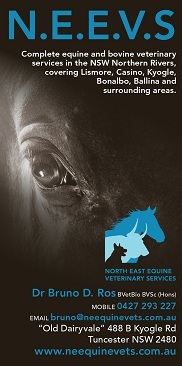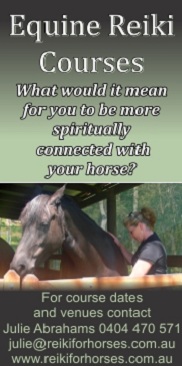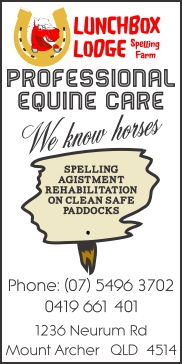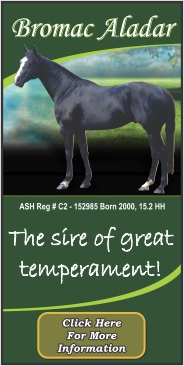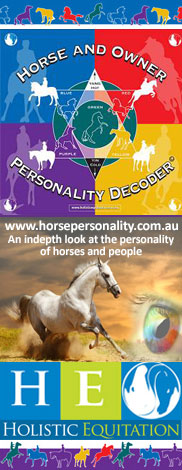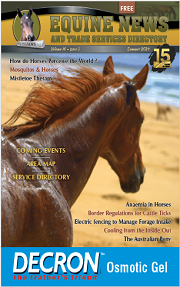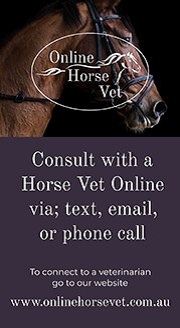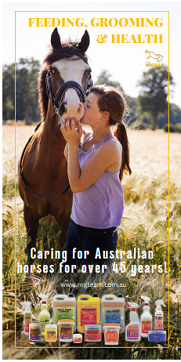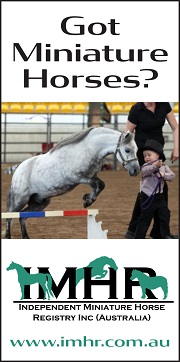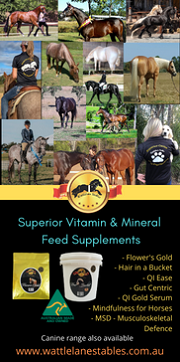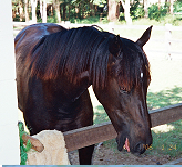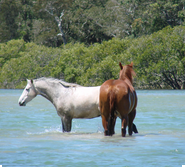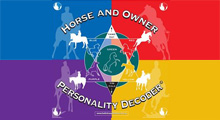One of the most important lessons I learned from Walt and Amos was the difference between making a horse do a job and allowing him to do a job. It was clear that most of us get so focused on a job that it is the job itself that becomes important.
Walt once said “Ya know matey, if ya let the horse do what he wants to do then ya aint ever gotta problem. Trainin’s simple like that. But people get into trouble ‘cause they don’t know how to help the horse have the same ideas as them. Most folk try to impose their own idea on a horse, instead of letting their idea be the horse’s idea and allowing the horse to do the job.”
At the time this sounded a little “airy fairy” and really didn’t mean much for awhile. But as I watched more and more people training their horses I saw them imposing their ideas on the horse. This was often accompanied by some great battles. Admittedly there was always a winner and often times it was the rider, but unfortunately there was also always a loser too. It seemed to me that Walt had been trying to teach me that there should be no losers.
There was a new girl that had been coming to the riding school almost every day. Her dad had bought her a pretty nice thoroughbred gelding that had jumped some big courses in his career and was expected to earn a room full of trophies and ribbons for his new owner. The girl was kind of pleasant on the eye, so being a normal teenage boy with normal interests I was often caught by the boss watching her on the jumping course when I should have been shoveling.
Over the coming weeks I watched the new girl work her horse nearly every day. The horse was initially prone to running out on spread fences, but with some strong riding the baulking became less and less frequent. However, this was soon followed by her horse running out through the shoulder on the turns around the course. Again, the girl was a strong enough rider to correct the problem and get her horse around the course and over the jumps. She seemed pretty happy with his progress and her ability to deal with each problem as it arose. What she wasn’t so adept at handling was the way in which the horse became more difficult to catch. He was even becoming snitchy to saddle and mount. His flat work was suffering too, with lots tail swishing and an increasing level of crookedness in his body. All this started small, but gradually built into something that was becoming too obvious to ignore. But in the end, she decided that he was a showjumper and he was jumping with few faults and making good times, so the rest was not so much of a problem.
I was mentioning this to Walt. He had already noticed it too.
“Well matey, I guess that little horse thinks that maybe there is better things on offer when she aint around and he don’t wanna be caught,” Walt said. “She aint givin him the support he needs.”
I pointed out that the horse was jumping pretty well.
“Maybe. But that girl aint givin the horse much choice in the jumpin, so he has to make his feelin’s known in areas that he gits some choice, like bein caught. If she’d support ‘im in them little things that bother him in the jump ring instead of forcin the issue, she’d get along much better.”
I had to ask what did Walt really mean, since I was still not used to the way his mind and his tongue ran loops around each other.
In his usual laconic manner he replied, “That girl just forces that horse into jumpin them jumps. She aint been listen to him when he begun runnin off to the side. He needed somebody to understand that he had a problem with them jumps and who could help solve his problem by supportin and directin him to lookin at them in anotha way. But she aint figured he was anythin but stubborn or lazy and forced him to jumpin despite his worry. Now she’s got to pay for it ’cause now he hates jumpin, hates ridin and hates her. He aint gonna to do anythin he don’t need to. He has to jump, but sometimes he don’t have to be caught or he don’t have to standstill to be saddled or travel straight – so he don’t.”
“But Walt, can you ever get a horse to enjoy jumping? I mean I know Tolley seems to like to jump, but I’ve never seen him jump a fence alone when I’ve let him out to graze in the jumping paddock. It seems to me if a horse enjoys something he’ll do it whether or not somebody is riding him. So maybe anything we do with our horses is always imposing our will at the expense of their will.”
“That’s an interesting question, but don’t forget about supportin your horse. The reason Tolley don’t jump a fence on his own is because nobody is supportin him. He needs ya to be there to make him feel he can do it and it’s not a problem. If you aint there to support and encourage him, his confidence aint big enough to let him know it’s ok to jump them fences. You ever notice how Burner don’t ever try to avoid puddles when I ride him down the trail? I don’t do nothin to make sure he goes into them puddles, he just walks straight ahead like they weren’t even there. But you can bet if I weren’t there to support him, and he was on his own, he’d side step every puddle.”
I wasn’t too sure if I agreed with Walt. It seemed like a bit of stretch to think that just being there was enough to turn something a horse didn’t want to do into something he enjoyed doing. Then Walt put it into words that made human sense.
“Does it bother ya to fly in one of them big planes?”
“No, I kind of like it Walt,” I replied.
“Ok. Would it bother ya if I told you the pilot couldn’t make it today and just gave ya the keys and told ya to fly the plane?”
“You know it would,” I said.
“Well then matey, flyin don’t bother ya at all and it’s even a bit of fun as long as ya get the proper support that a qualified pilot can give ya. But if I tried to force ya to fly a plane with no proper pilot we’d have one big fight on our hands. Horses ain’t no different. Ya give them the support and directin they need and work can be fun for them too. But ya try forcin them into something they aint sure about and there could be trouble.”
“What do you mean by support, Walt.”
“Supportin a horse is preparin a horse. Ya get him ready for what is about to come, so when it comes he’s prepared and it don’t bother him much. I’m too old to get bucked off and I ain’t been bucked by a horse in thirty years and I’ve been breakin them young uns for all that time. I don’t get bucked ‘cause I prepare them young uns before I get on them so they don’t feel the need to buck when I get on. I don’t try to stop ‘em from bucking. I just let ‘em feel it ain’t important. That’s supportin a horse. If I didn’t support them horses, I’d have a few more broken bones by now.”
“That girl ya is so fond of admirin, is not supportin her horse for them fences. She needs to prepare him better for them spreads he’s so keen to avoid, instead of just forcin him over them. Any horse that is supported, prepared and directed in the right way can do anything. Ya just set it up and let the horse get the same idea you have and he’ll come through for ya every time. Ya can count on it.”
Prepare your horse for the job ahead, set up the situation and let the horse do his job. It’s so simple! Why do we make it so hard for our horses? How come old Walt knew this simple philosophy and the rest of us carry on oblivious to the obvious? But then if it is so simple, why do I still struggle with practicing it?







